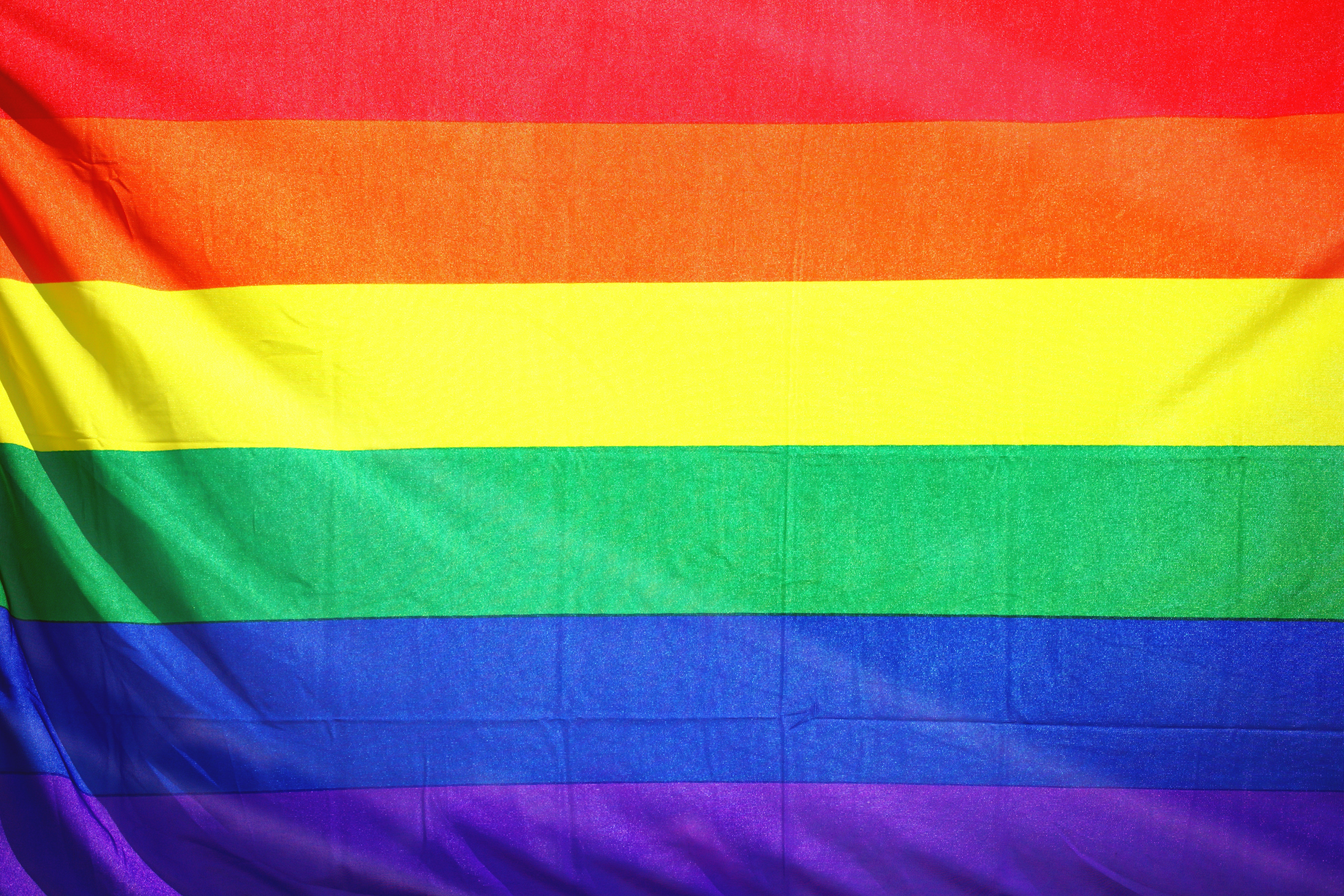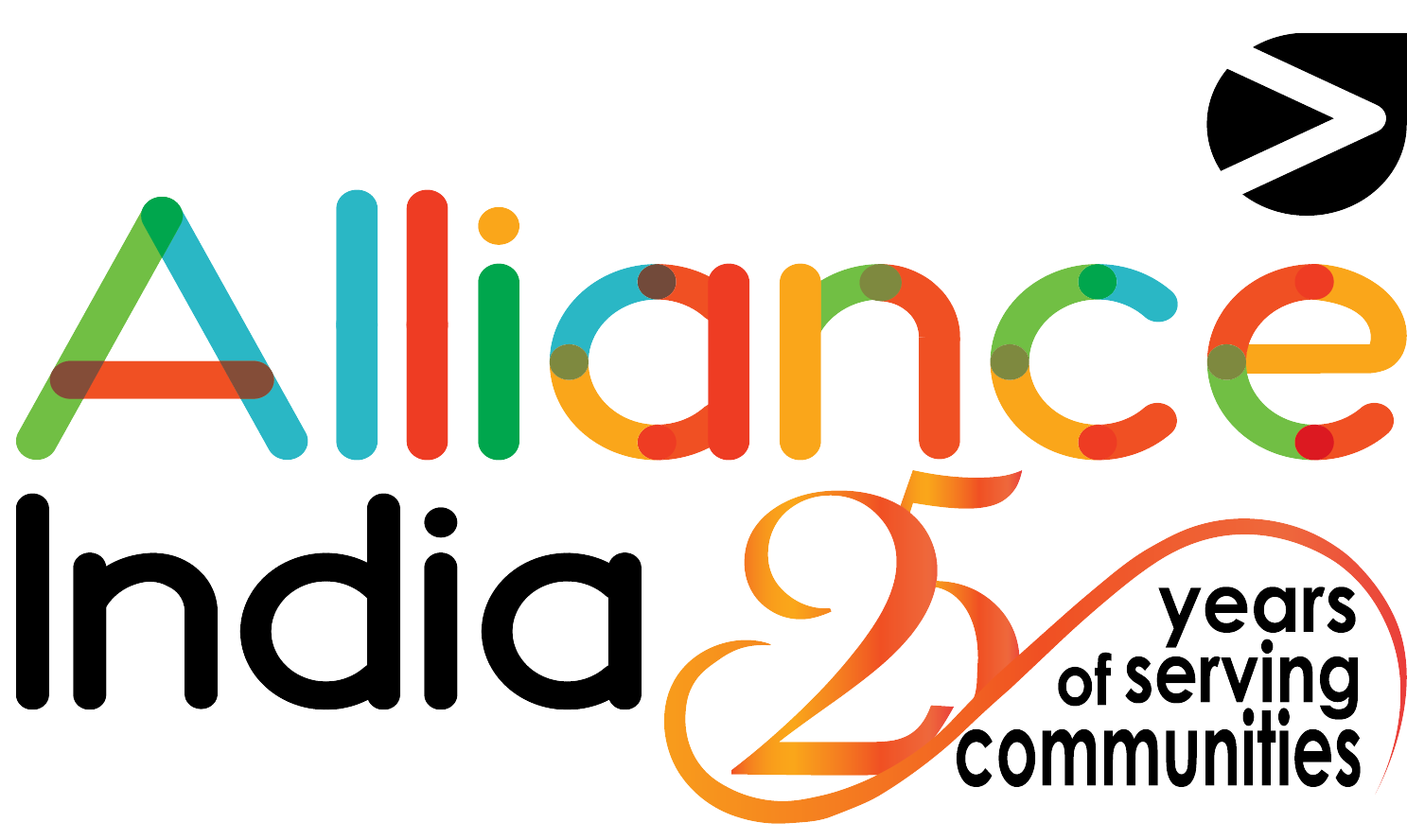Fitting in is overrated. It’s time to embrace your uniqueness
 Priyam Ghosh identifies herself as a lesbian feminist, a queer scholar, and has been working as an Assistant Professor in IP University affiliated college teaching media to undergraduate students. She chose academics as she believes that it is quite uninhibited and a place to thrive for queer individuals.
Priyam Ghosh identifies herself as a lesbian feminist, a queer scholar, and has been working as an Assistant Professor in IP University affiliated college teaching media to undergraduate students. She chose academics as she believes that it is quite uninhibited and a place to thrive for queer individuals.
We have interviewed three persons like her as part of our series on International Non-Binary People’s Day. This is the third and last interview in the series.
Edited excerpts from Priyam’s interview.
When and how did you realize that you are different from what others perceive you to be? How did you feel about it and what thoughts went through your mind?
Priyam Ghosh: I had a large friend circle primarily of girls, both in my residential colony as well as in my school. By the time I attained puberty, I saw most of them dating boys in our class, while I was trying to be the tomboy of my section. For any event or play, I would be cast as the man since I was quite tall, well-built and had short hair. By the time, I was 16, I realised my attraction towards women and the fact that it was more than a phase. Being a woman in India is hard enough but trying to fit in a heteronormative society as a young queer kid was one of the biggest hurdles. One really wonders if they are afflicted with illness and whether it has a cure.
I did discuss my attraction towards women with my mother at the age of 17, but she dismissed it as a phase. The initial years in my twenties were hard too but with the advent of social networking sites, I found many others who shared similar narratives as mine.
Have you experienced social stigma? Would you like to share a few incidents?
Priyam Ghosh: I think one of the biggest hurdles I faced was within my family. Since I am a single child, it was and still quite difficult for my parents to accept me as a queer woman. There have been several instances in the past where I lost a good number of friends upon coming out to them. Ignorance runs rampant within the society and female desire is not recognized in general. I have experienced stigma within the queer as well as the straight community from ‘straight men’ hitting on me across social media platforms and dating platforms, claiming they will ‘cure’ me to my ‘ignoramus’ relatives attempting to set me up with their straight male relatives.
But one of the biggest issues, as well as social stigmas that I have faced so far, is while attempting to gain ‘recognition’ for the queer relationship that I am in. It’s difficult to find housing, access healthcare, file for insurance, nominee etc. as a queer woman since your partner is not ‘legally’ recognized by law.
How can family, friends, relatives, colleagues support you and what message do you want to give to them?
Priyam Ghosh: I think it’s crucial to not only recognise queer individuals but attempt to create safe spaces for them. Parents need to create a loving relationship with their children and not promote the intergenerational trauma that many queer kids face. Family members, friends, relatives need to be ‘schooled’ in how to respond when an individual comes out to them and push their ‘heteronormative agenda’ on them. Schools and colleges need to be proactive in creating safe spaces for queer students and need to have firm policies to tackle bullying or ragging that many queer students face. Workspaces need to be more inclusive with queer employees with various HR policies being laid out to prevent workplace harassment and discrimination. But most importantly the need of the hour is ‘acceptance’ and not ‘tolerance’ for the sake of it.
~ Interviewed by: Anurag Paul, Communications Officer, Alliance India
Other Recent Articles
- Transforming Lives through Health Interventions: My Visit to Narmadapuram Prison 11 July, 2024
- HIV and Ageing: Understanding the Unique Needs of Older Adults 20 May, 2024
- Youth Voices: Life with HIV in Contemporary India 26 September, 2023
- Empowering Transgender Community to create an Equal World 20 July, 2023
- Combating Stigma and Discrimination Among People Living with HIV 7 July, 2023
- Understanding the Significance of HIV Testing: Impact on Individuals, Relationships, and Society 22 June, 2023
- Empowering Lives during Unrest l Our Commitment to Manipur 5 June, 2023
- Empowering the Transgender Community: Alliance India Initiates Transgender ID Card Registration Drive 17 May, 2023
- The Struggle of Embracing Identity- International Day Against Homophobia, Transphobia and Biphobia 17 May, 2023
- Innovaccer Provides Support to Ensure Quality Health Services to Children Living with HIV 5 May, 2023
- Made by Nicdark - Copyright 2020
- donations@ong.com
- volunteers@ong.com
- contact@ong.com
India HIV/AIDS Alliance (Alliance India)
A not-for-profit Section 8 Company with Registration No: U85310DL1999NPL098570
Contact
-
6, Community Centre
Zamrudpur Kailash Colony Extension
New Delhi – 110048 - +91-11-4536-7700
Download
©2021 All Rights Reserved by Alliance India


